No products in the cart.
Chikwangue
5.99 $ – 11.49 $
Ingredients: 100% cassava paste in leaves
Also known as: Kwanga, Cassava bread in leaf wrap
Format: 3 per pack
Weight: 900G
Chikwangue: A Staple of Congolese Cuisine
Chikwangue, a cherished culinary delight from Congo, is now available at the Afritibi market, bringing a taste of African tradition to your table. This Congolese specialty, akin to the Cameroonian Bobolo and the elder sibling to Miondo, is a versatile accompaniment to a myriad of dishes, from soups to grilled meats. Crafted from cassava or placali, Chikwangue is fermented and meticulously wrapped in banana leaves, offering a unique taste that’s not only delicious but also health-conscious.
Why Choose Our Chikwangue?
- Low in Fat: A healthier alternative to many side dishes, Chikwangue is low in fat, making it a perfect choice for those mindful of their dietary intake.
- High in Fiber: With a high fiber content, it aids in digestion and provides a feeling of fullness, supporting weight management efforts.
- Versatile Pairing: Whether it’s alongside laid eggs, ndole, braised fish, or your favorite grill, Chikwangue enhances every meal with its distinctive flavor.
- Nutritional Benefits: Beyond its primary ingredients, Chikwangue is rich in essential nutrients such as potassium, magnesium, calcium, vitamin C, B vitamins, and iron, offering significant health advantages.
Health Benefits: Contrary to common concerns, Chikwangue is not fattening. The high carbohydrate content in cassava comes from light starch that minimally impacts blood sugar levels. Its low protein and fat content, coupled with a high fiber amount (nearly 38g per 100g), make Chikwangue a satiating food that can be easily incorporated into a weight loss diet. Furthermore, it’s beneficial for the digestive system, making it a suitable choice for individuals with ulcers, heartburn, or colon inflammation. Being low in gluten, it’s also safe for diabetics.
Culinary Uses: Chikwangue serves as an excellent side dish that can easily replace rice or other starches in your meals. Its preparation and consumption are a nod to the rich culinary traditions of Congo, offering a simple yet satisfying addition to any meal.
Discover the Delight of Chikwangue: At Afritibi, we are proud to offer Chikwangue, a testament to our commitment to bringing authentic and nutritious African foods to your doorstep. Experience the unique taste and health benefits of this Congolese specialty, and let it transport you to the heart of African cuisine with every bite.
| Weight | 1.7 lbs |
|---|---|
| Dimensions | 5 × 5 × 4 in |
Be the first to review “Chikwangue” Cancel reply
You may also like…
Related products
-
Frozen hard Chicken
4.99 $ -
Horse Mackerel
11.98 $ -
Cassava Flour
2.99 $ – 5.99 $ -
All-natural African Fonio Grains
8.47 $6.99 $ -
Fine semolina wheat
18.49 $ -
-
Close

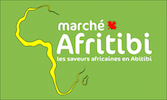
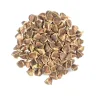
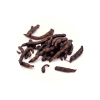
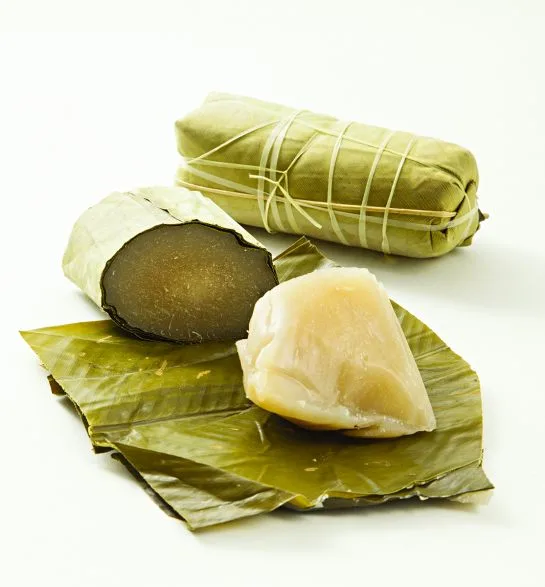
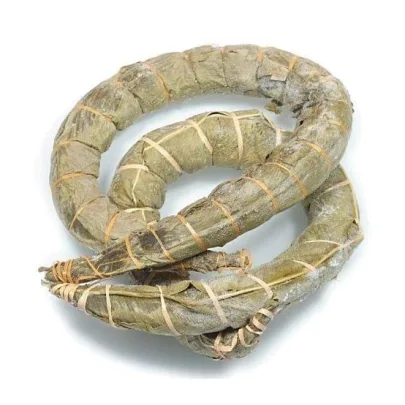
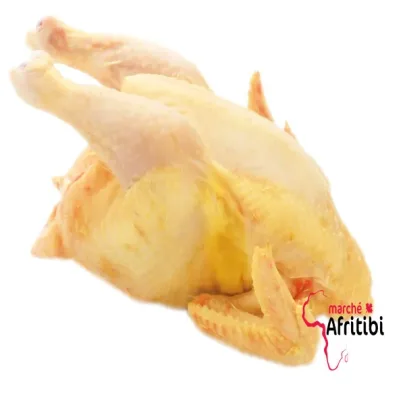
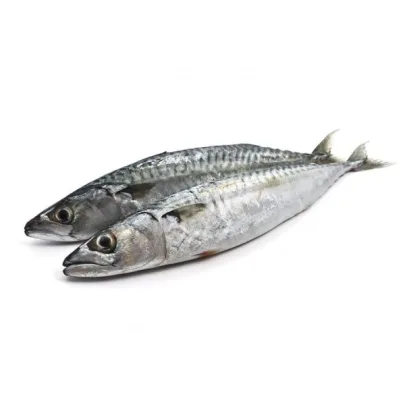
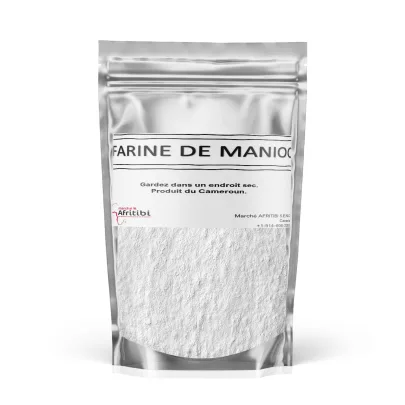
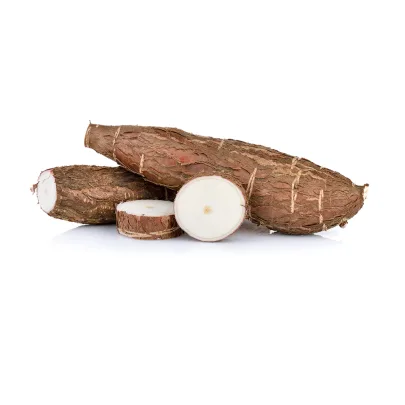
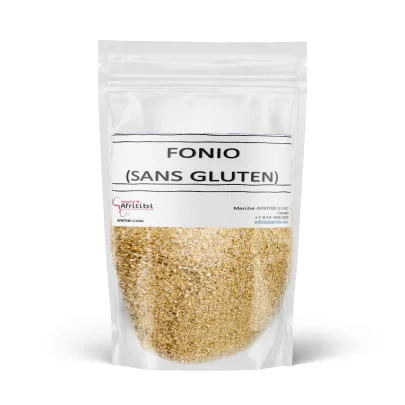
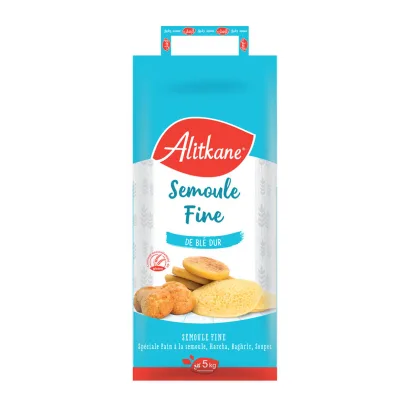
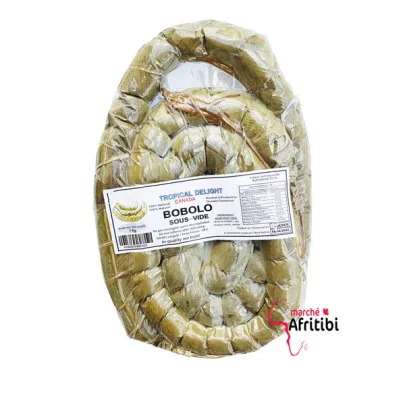
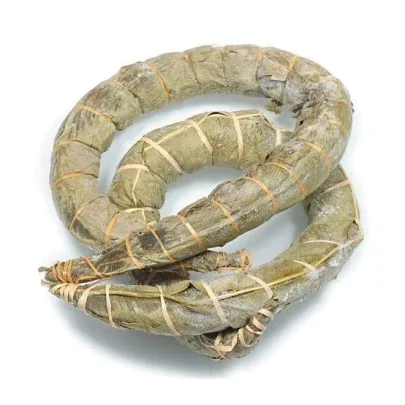
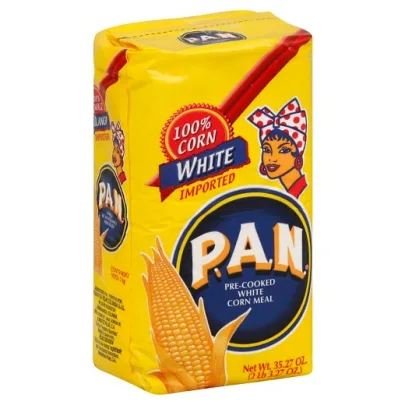
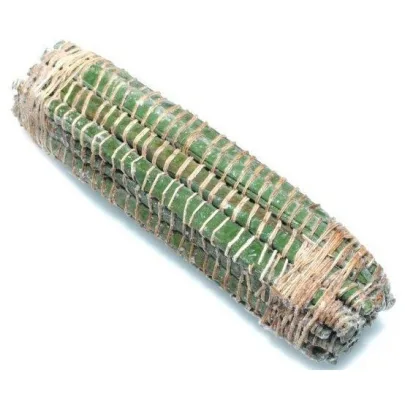
Reviews
There are no reviews yet.